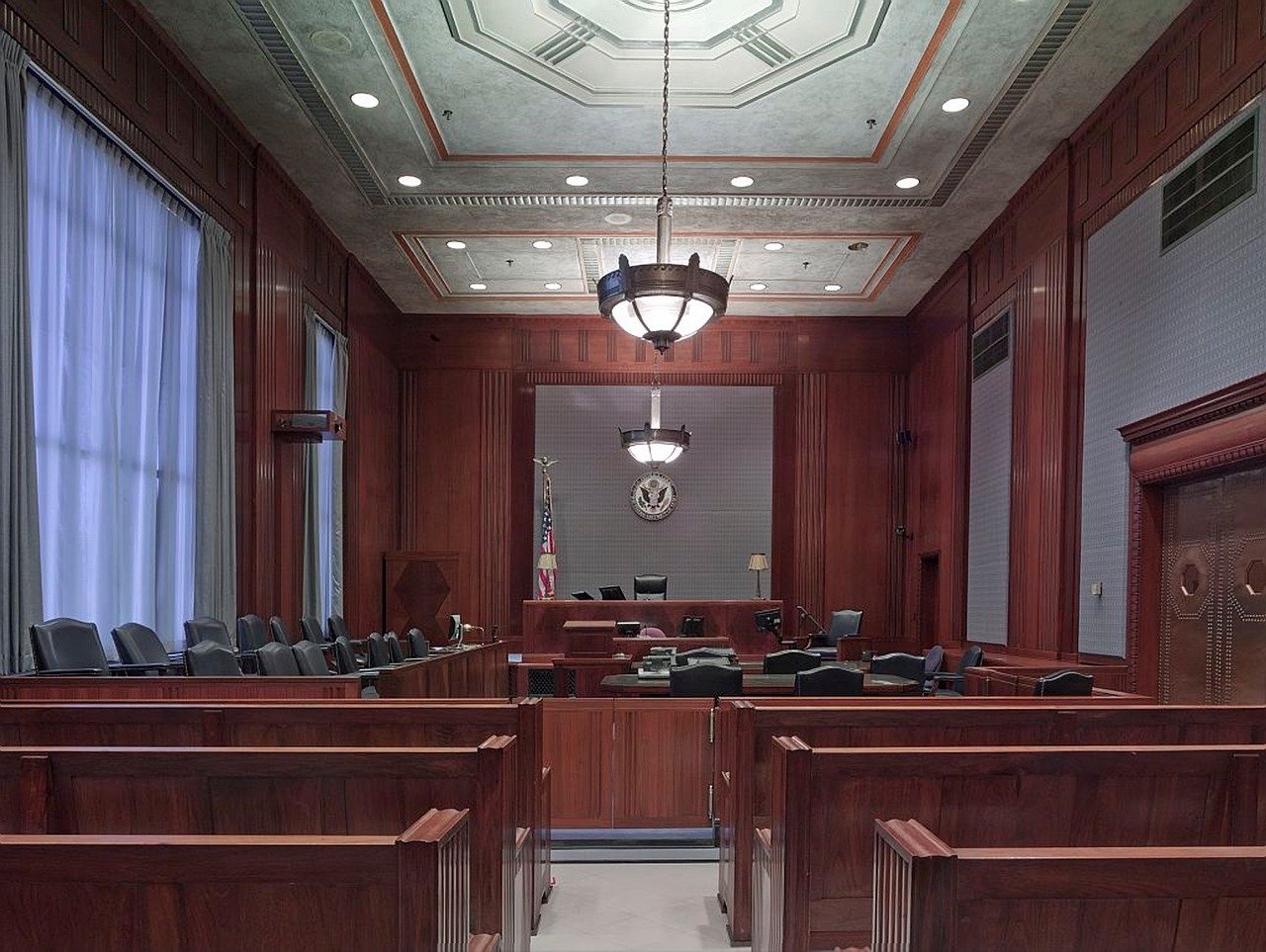It seems like there are attorneys for all aspects of life. Between personal injury, family law, business, criminal, etc., it’s probably unlikely that anyone in this country could go their entire lives without using the services of some sort of lawyer. While criminal lawyers seem to grab most of the headlines, they actually make up the smaller portion of attorneys. Meanwhile, click the following link if you want to avail of the Best Civil Attorney’s litigation service.
The Main Differences Between Criminal and Civil Lawyers
Criminal lawyers generally deal with crimes and the punishments associated with those crimes. Criminal law is adversarial and nearly all individuals employed as lawyers work either for the defense or the prosecution. Prosecutors work exclusively for the state. Individuals cannot hire a prosecutor to punish someone for a crime. Criminal defense lawyers are either paid by the state (public defenders) or by the client (private defense attorneys). Criminal defense attorneys on both sides can specialize in different types of crimes: DUI, drug crimes, homicide, etc. Learn more at this website.
The roles of civil lawyers are much more diverse. Most civil defense attorneys focus on one or two areas of the law. When they want to expand their practice, they often bring in new civil litigators with expertise in other areas of the law. Civil lawyers focus on non-criminal cases that involve civil or personal rights.
Burdens of Proof
One of the stark differences between criminal and civil law is the burden of proof. In criminal law, the accused is considered innocent until proven to be guilty beyond a reasonable doubt. This is a much higher standard of proof than in civil cases. In a civil lawsuit, the burden of proof is on the plaintiff, but the standard is lower. A plaintiff must only demonstrate a preponderance of evidence or a 51% likelihood that what their saying occurred.
It should be noted that in both civil and criminal law, both sides may agree upon the facts of the case, but not on what it means legally. This is why there are trials.
Overlaps in Criminal and Civil Law
There are places where the same incident can involve both civil and criminal prosecution. For example, a DUI crash that results in injuries to the other party. Driving under the influence is a crime in all 50 states, but an arrest doesn’t compensate a victim for their injuries. The victim of the DUI accident might hire a car accident lawyer to litigate the case. Another example would be battery. In the state of Florida, battery is a criminal offense, but in most cases, it’s a misdemeanor. This means that a prosecutor may not choose to litigate the case.
The victim may not be able to hire their own attorney to criminal convict their attacker, but they can retain the services of a civil litigator to sue them. This is also not an either-or scenario. Famously, O.J. Simpson was tried for the homicide of Nicole Brown Simpson and Ron Goldman and was successfully sued in a wrongful death suit for the same incident. While he beat the criminal conviction, he was ordered to pay millions to the victims’ survivors.
If You Need an Attorney
Whether you’ve been charged with a crime or find yourself in a non-criminal suit, you are infinitely better off retaining representation. Vist https://www.thefloridatriallawyer.com to get in touch with a reputable Orlando attorney in your area to handle your case.

